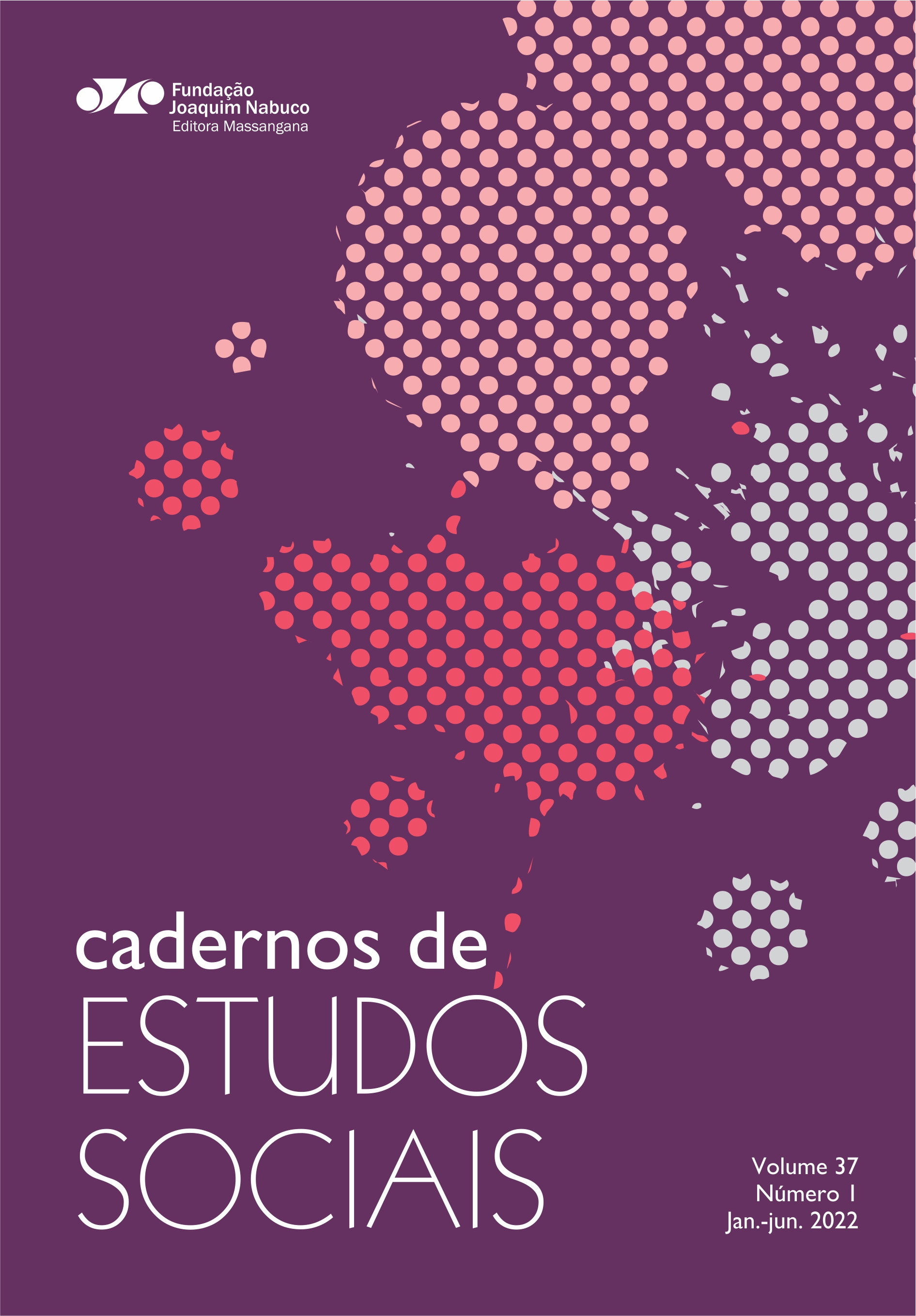IMPACTO DA PANDEMIA PELA COVID-19 E MODELOS DE APRENDIZAGEM DE MÁQUINA PARA PREDIÇÃO DE NASCIMENTOS PREMATUROS NAS CAPITAIS DA REGIÃO NORDESTE DO BRASIL, 2018-2021
DOI:
https://doi.org/10.33148/CESv37n1(2022)2122Resumo
O nascimento prematuro é um problema global devido a suas implicações para a morbidade e mortalidade. Consiste em um dos principais fatores de risco para a mortalidade neonatal e infantil. O parto pré-termo é definido como aquele cuja gestação termina entre a 20ª e a 37ª semanas ou entre 140 e 257 dias após o primeiro dia da última menstruação. Para este estudo, utilizou-se dados do Sistema de Informações sobre Nascidos Vivos (SINASC) das capitais da região Nordeste do Brasil, entre 2018 e 2021. Foi Verificado se os dois primeiros anos da pandemia pela covid-19 trouxeram impactos significativos para as distribuições das métricas de performance, em comparação ao que foi utilizado para treinamento e validação dos modelos. Foram aplicados seis algoritmos de aprendizado de máquina (Regressão Logística, Análise Discriminante Linear, Perceptron Multicamadas, AdaBoost, Árvore de decisão e Floresta Aleatória) para predição de prematuridade. Os modelos apresentaram como resultado queda na métrica Area Under the roc Curve (AUC) nos anos de 2020 e 2021 em relação a 2018 e 2019, com ênfase para os modelos Adaboost, Floresta Aleatória e Árvore de decisão, com quedas superiores a 10% atestadas pelos testes estatísticos de Kruskal-Wallis e Nemenyi. Como causadores da queda de performance dos modelos, foi identificado que as variáveis mês do início do pré-natal e idade perderam aderência em relação à base de treino. Os modelos apresentaram boa performance preditiva, contudo, a utilização de modelos baseados em árvores deve ser feita com cautela, visto que estes são mais instáveis e que a covid-19 trouxe impacto na distribuição das variáveis idade e mês de início de pré-natal. Para treinamento de novos modelos, atenção às variáveis de entrada e ao período utilizado para treinamento. Para soluções já estabelecidas, considerar o seu retreinamento.
PALABRAS-CHAVE: Prematuridade. Saúde. Inteligência Artificial. Aprendizado de Máquina. covid-19.
Downloads
Downloads
Publicado
Como Citar
Edição
Seção
Licença
Copyright (c) 2023 Autor, concedendo à revista o direito de primeira publicação

Este trabalho está licenciado sob uma licença Creative Commons Attribution 4.0 International License.
Autores que publicam nesta revista concordam com os seguintes termos:
- Autores mantém e retém os direitos autorais. Os mesmos concedem à revista o direito de primeira publicação, com o trabalho simultaneamente licenciado sob a Licença Creative Commons Attribution que permite o compartilhamento do trabalho com reconhecimento da autoria e publicação inicial nesta revista.
- Autores têm autorização para assumir contratos adicionais separadamente, para distribuição não-exclusiva da versão do trabalho publicada nesta revista (ex.: publicar em repositório institucional ou como capítulo de livro), com reconhecimento de autoria e publicação inicial nesta revista.


